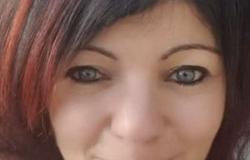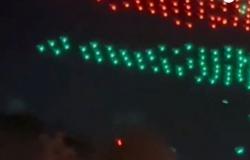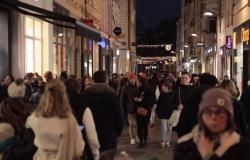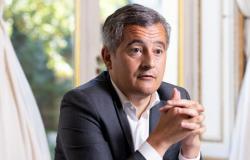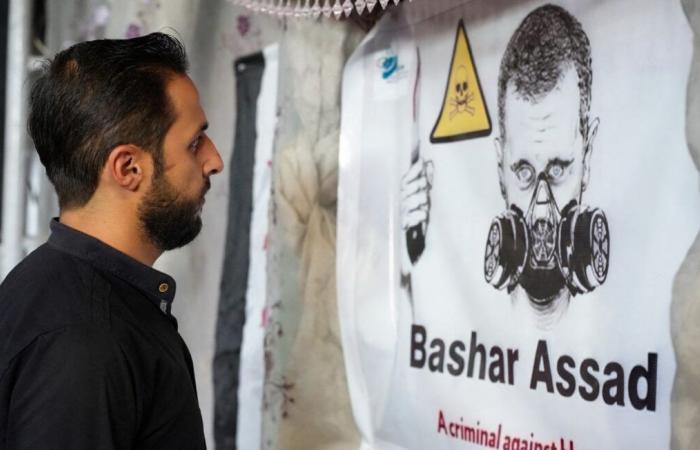
After a deadly chlorine attack on the Syrian town of Douma in 2018, two doctors and a nurse cared for the victims. In interviews with AFP over the weekend, they recounted pressure from those in power forcing them to give false testimony denying any use of chemical weapons.
On April 7, 2018, Douma, the last rebel stronghold in Eastern Ghouta at the gates of Danas, suffered intense bombardments. A building near a field hospital is hit. Very quickly, activists and rescuers denounced a chlorine chemical attack which left 43 dead – a version of the facts denied by the power of Bashar al-Assad and his Russian ally.
Among the images of the tragedy circulating on social networks, a short video filmed in the same field hospital shows medical teams treating the injured, some lying on the ground, being sprayed with water in general chaos.
Damascus security services will summon all the personnel who appear in this video, including two doctors and a paramedic who gave an exclusive interview to AFP. These unprecedented testimonies would not have been possible even a month ago, before the fall of Bashar al-Assad on December 8.
The three men confirmed that they had been summoned to National Security headquarters after the deadly attack. Subsequently, “pressure” and intimidation from the regime will force them to provide false testimony to international investigators dispatched by the Organization for the Prohibition of Chemical Weapons (OPCW). These false testimonies, filmed, will also be broadcast on Syrian state television.
“They told me they knew where to find my family”
Orthopedic surgeon Mohammad Al-Hanach could not ignore the summons. “They told me they knew where to find my family” in Damascus, he explained to AFP. Cautious, he first tries to provide “general answers” to the officer who is conducting his interrogation. “He asked me, for example, what had happened that day, where I was, what I had seen and what happened to the people who had been suffocated,” the surgeon recalls. .
“I said I was in surgery […] and that patients (treated) for chemical (attacks) did not come to my department,” he says again.
Emergency doctor Hassan Ouyoun also had to answer similar questions. “When I arrived in front of the investigator, a pistol was placed on the table, pointed at me,” he says. He said he “immediately understood what was expected of him”. “Everyone who was in the hospital was subjected to strong pressure, sometimes even thinly veiled threats,” he adds.
He also admits to having “denied the event” – in reference to the attack – and to having tried to avoid certain questions. He still remembers his interrogation: “Where were the dead taken? I don't know How to explain cases of suffocation? By the dust and smoke caused” by bombings and “military operations,” he said.
Forty-three dead
Mouwafaq Nisrine, who was an ambulance driver and nurse at the time, was also questioned, after being seen in a video where he appeared patting the back of a girl who had been doused with water and undressed, who was coughing up mucous after inhaling. a toxic gas. “They told us there was no chemical attack […] that they wanted to put an end to these assertions […] so that Douma can turn the page on the arrests,” he recalls.
“I was under pressure because my family lives in Douma, like most of the medical staff's families,” he says. In a report, the Organization for the Prohibition of Chemical Weapons (OPCW) accused Damascus in January 2023 of carrying out the chlorine attack which left 43 dead. According to its investigators, “there are reasonable grounds to believe” that at least one Syrian air force helicopter dropped two barrels of toxic gas on the town of Douma.

